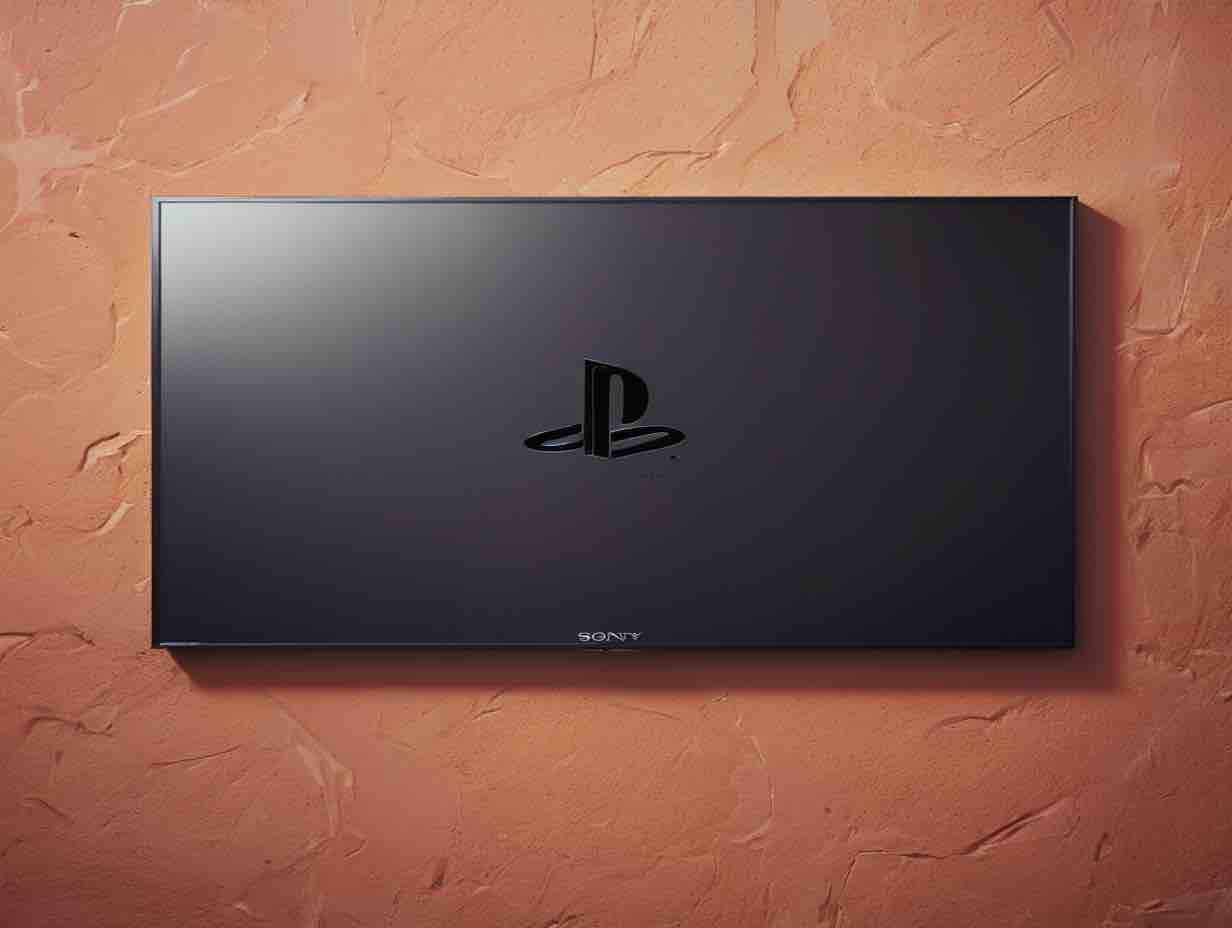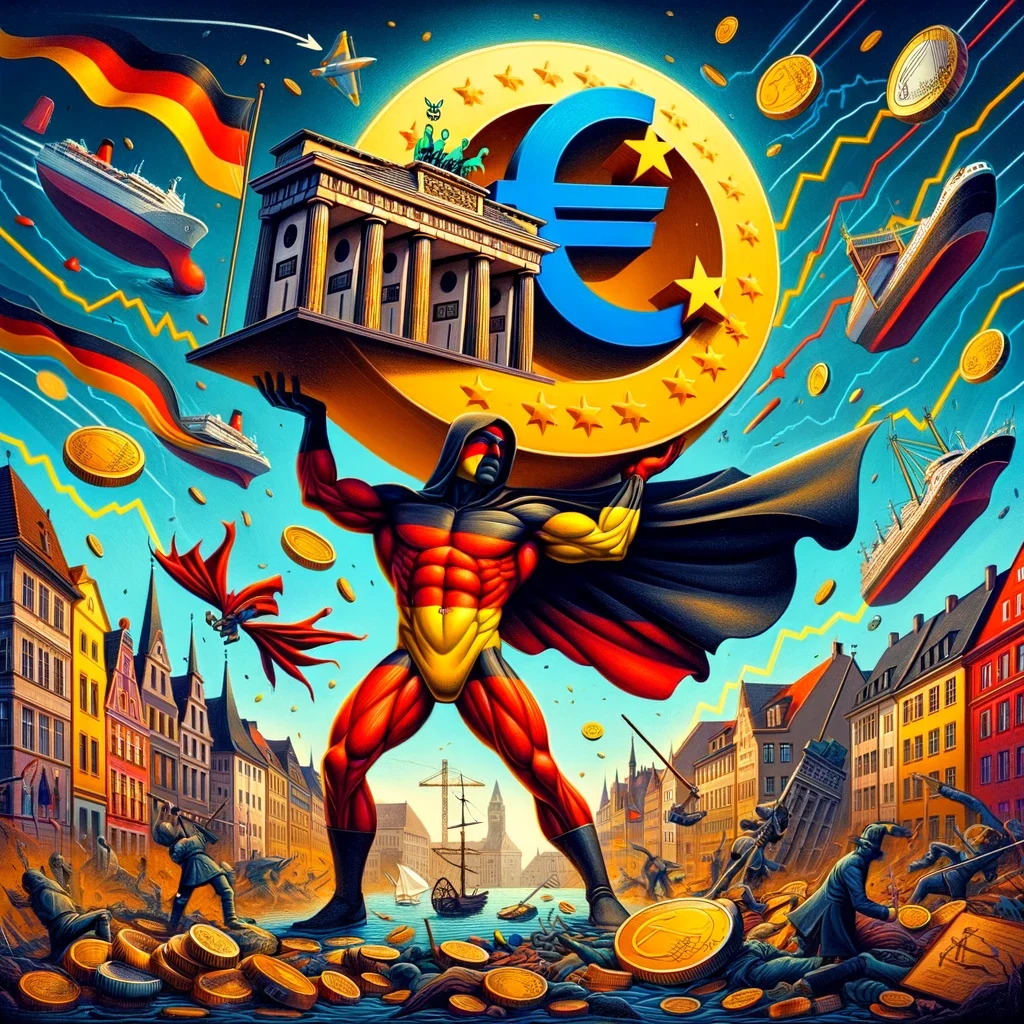Sony, a renowned player in both the electronics and gaming industries, is poised to integrate non-fungible tokens (NFTs) into their gaming ecosystem through a recent patent filing. The patent, unveiled on February 29, introduces a groundbreaking system known as the “super-fungible token.” This innovative approach aims to reshape in-game mechanics by allowing players to consolidate their diverse gaming assets into a single NFT.
Sony files ‘Super Fungible Token’ NFT patent
The core concept of the “super-fungible token” is both intriguing and promising. It enables players to merge their gaming assets into a unified token, which is then stored on a designated blockchain. Each token possesses the unique capability to select only one game asset at a time, effectively locking the others until the selected asset is released.
This mechanism is particularly advantageous in games where players can equip only one item at a time, such as weapons or clothing gear. Moreover, the versatility of NFTs offers ample opportunities for customization and personalization within the gaming experience. Players can seamlessly swap out assets within the token, tailoring their loadout to suit their preferences for each gaming session.
This not only enhances player engagement but also underscores the growing trend of personalized gaming experiences. The potential benefits of this novel system are manifold. Firstly, it grants players true ownership of their in-game assets, mirroring the ownership experience of a single NFT-based asset. This sense of ownership fosters a deeper connection and investment in the virtual items, thereby enhancing the overall gaming experience.
Potential benefits and future prospects
Furthermore, the ability to trade these assets in secondary markets introduces new avenues for monetization and community interaction within the gaming ecosystem. Another intriguing aspect of Sony’s patent is the prospect of interoperability across different games. By leveraging the same group of assets across multiple titles, players can seamlessly transition between gaming experiences while retaining their customized loadout.
For instance, a loadout optimized for a first-person shooter (FPS) game could be effortlessly transferred to another FPS title, offering players continuity and familiarity across diverse gaming environments. Sony’s exploration of NFTs in gaming is not entirely unprecedented. In 2022, the company filed another patent proposing the use of NFTs to track the story progression of specific in-game items and record memorable moments or achievements on the blockchain.
This initiative underscores Sony’s commitment to leveraging blockchain technology and NFTs to enhance the gaming experience and drive innovation within the industry. While Sony’s patents hold promise for the future of gaming, it’s essential to address potential challenges and concerns associated with the integration of NFTs into gaming ecosystems. Issues such as scalability, environmental impact, and regulatory compliance may pose hurdles to widespread adoption.
Additionally, the volatile nature of the NFT market and concerns regarding copyright infringement and intellectual property rights necessitate careful consideration and mitigation strategies. Sony’s exploration of NFTs in gaming represents a significant leap forward in innovation and evolution within the gaming industry. The introduction of the “super-fungible token” system and the broader integration of NFTs hold immense potential to revolutionize in-game mechanics, enhance player engagement, and foster new opportunities for monetization and community interaction.





